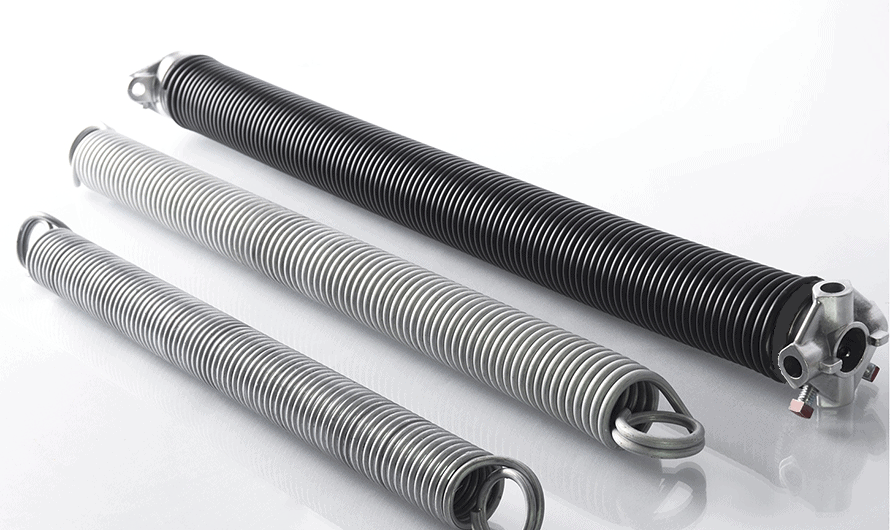Garage door springs are a crucial component of your garage door system, playing a vital role in its smooth functioning. However, understanding their lifespan and knowing how to extend it can save you from unexpected inconveniences and expenses. In this article, we’ll delve into the question: “How long should garage door springs last?” and explore valuable tips to maximize their durability.

Introduction:
Garage door springs are designed to withstand significant stress and tension as they assist in the smooth operation of your garage door. However, like any mechanical component, they have a finite lifespan. Understanding the factors that influence their longevity and implementing preventive measures can make a substantial difference in their overall performance.
The Lifespan:
One of the most common queries among homeowners is, “How long should garage door springs last?” The average lifespan of these springs varies based on factors such as material, usage frequency, and maintenance. Generally, torsion springs last between 15,000 to 20,000 cycles, while extension springs have a lifespan of about 10,000 cycles. These cycles represent one complete opening and closing of the garage door.
Factors Affecting Garage Door Spring Lifespan:
Several factors contribute to the wear and tear of garage door springs. Identifying and addressing these factors can significantly impact the longevity of the springs. Some key factors include:
- Material Quality: The quality of the materials used in manufacturing the springs plays a crucial role. High-quality steel springs are more durable and resilient, lasting longer than their lower-quality counterparts.
- Frequency of Use: The more frequently you use your garage door, the faster the springs will wear out. Understanding the expected lifespan in terms of cycles can help you estimate when replacements might be needed.
- Maintenance Practices: Regular maintenance is essential for the optimal performance of garage door springs. Lubrication and inspection for signs of wear can prevent premature failure and extend their lifespan.
How Long Should Garage Door Springs Last – Tips for Prolonging Their Lifespan:
Now that we’ve explored the factors affecting garage door spring lifespan, let’s delve into actionable tips to extend their longevity.
- Regular Lubrication: Applying a high-quality garage door lubricant to the springs at least twice a year can prevent friction and reduce wear and tear. This simple practice can significantly extend the lifespan of the springs.
- Balancing the Door: An unbalanced garage door puts extra strain on the springs, leading to premature wear. Regularly check and adjust the balance of your garage door to ensure even stress distribution.
- Professional Inspection: Schedule periodic inspections by a professional garage door technician. They can identify potential issues early on, allowing for timely repairs and replacements before a major problem arises.
- Weather Stripping: Proper weather stripping around the garage door can prevent moisture and debris from entering, reducing the chances of corrosion and damage to the springs.
Read too: How to Open Garage Door Without Power From Outside Like a Pro? Unlock the Secrets
Conclusion:
In conclusion, the question of “How long should garage door springs last?” is not a one-size-fits-all answer. Understanding the factors influencing their lifespan and adopting proactive maintenance practices are crucial for ensuring the smooth and efficient operation of your garage door. By following these tips, you can maximize the lifespan of your garage door springs, saving you time, money, and the hassle of unexpected malfunctions. Regular care and attention to your garage door system will pay off in the long run, keeping your home secure and your daily life convenient.



Leave a Reply